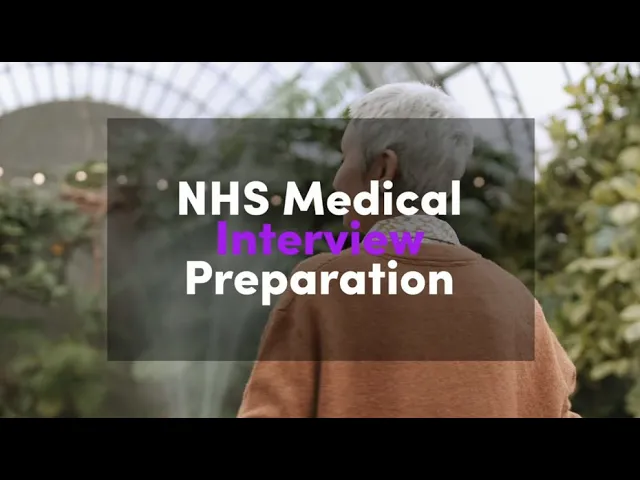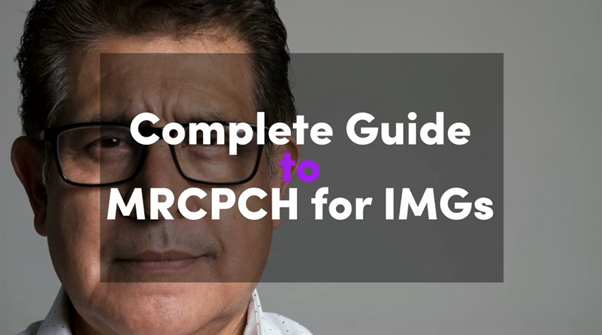
The health and care visa is the visa IMG doctors need to work and live in the UK. Applying f...

The health and care visa is the visa IMG doctors need to work and live in the UK. Applying f...

As a parent, it’s normal to put a lot of thought into your child’s education. Yo...

The NHS is constantly changing to meet patients’ needs. The goal is simple – to ensure every...

 5 Minutes
5 Minutes
 10 Minutes
10 Minutes

Choosing the Right GP Pathway in Australia: Expedited Specialist vs PEP Specialist StreamIf ...
Over 100 NHS Trusts have worked with us to Reach, Recruit and Relocate over 1500 UK and International Doctors with only Five Star feedback. Get in touch to find out how we can help you.